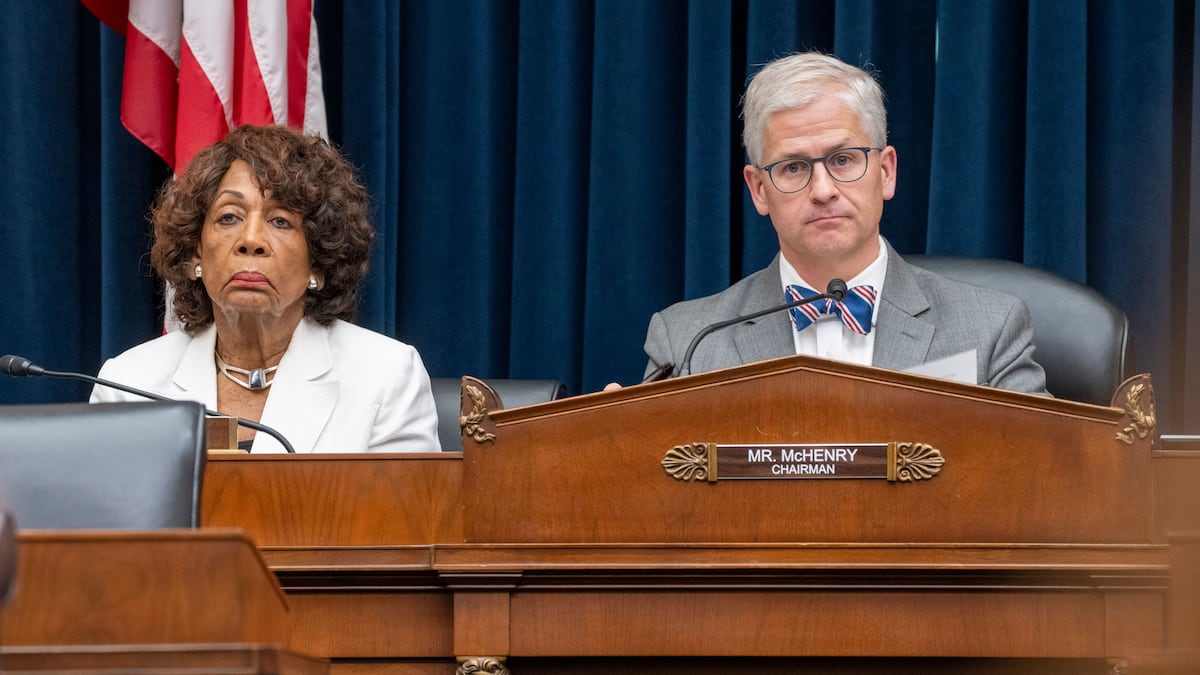- Political quibbling is holding back stablecoin legislation in the US.
- If the Senate turns Republican, it could complete these laws fast.
A version of this story appeared in The Guidance newsletter on July 8. Sign up here.
If the US Senate flips Republican in November, stablecoin laws will be a layup for the GOP.
It’s too early to call who will win the election, however.
Pundits say that the upper chamber of Congress may well flip to Republicans if hotly contested Senate seats change hands.
“As the Republicans feel more empowered, particularly after the presidential debate, there’s less motivation to strike a deal in the short term,” Candace Kelly, chief legal officer at blockchain nonprofit Stellar Development Foundation, told me.
Ugly baby
House Financial Services Committee chair Patrick McHenry, a Republican from North Carolina, and the committee’s top Democrat, Maxine Waters of California, have been haggling over stablecoin rules for years.
Each side has compromised — McHenry even once called the bill an “ugly baby.”
Every so often, Waters or McHenry teases that a bipartisan version is coming, but nothing happens.
A Republican version passed out of committee last summer.
That was never going to make it through the Democrat-led Senate Banking Committee, however.
Republicans and Democrats can’t agree on one very important aspect of the rules — who would primarily regulate stablecoin issuers?
Republicans favour leaving that to state regulators, while Democrats say it should be the Federal Reserve.
Should Republicans take the White House, the House, and the Senate, there’d be no more need to negotiate, and a bill could be passed immediately.
MiCA Competition
Stablecoins issued by both centralised and decentralised operators are proliferating.
Among others, payments giant PayPal launched a dollar-backed stablecoin on the Solana blockchain recently.
It’s challenging for smaller players to launch in the US, however, Kelly said.
Issuers must obtain a money-transmitter licence from each state, and each state has slightly different rules, creating a compliance headache.
All this complexity, plus the European Union’s finalised stablecoin rules, will fuel urgency to get US laws completed once election chaos dies down.
The stablecoin rules in the EU’s Markets in Crypto-Assets regulation have been live for a week.
Circle, the company behind the world’s second-largest stablecoin, USDC, and banking giant Societe Generale’s Forge are among issuers that are now compliant with MiCA.
The US is still the dominant stablecoin territory, because the dollar is so important to global finance and trade.
But with other countries putting regulation in place that favours stablecoins in their own currencies, that’s a threat to dollar dominance.
“MiCA has some Eurocentric aspects, it favours euro stablecoins,” Kelly said.
“The US is going to have to recognise that inaction is undermining the power of the dollar and our ability to have our own say in how these rules should be promulgated.”
Joanna Wright writes the Guidance newsletter and covers regulation for DL News. Reach out to her at joanna@dlnews.com


